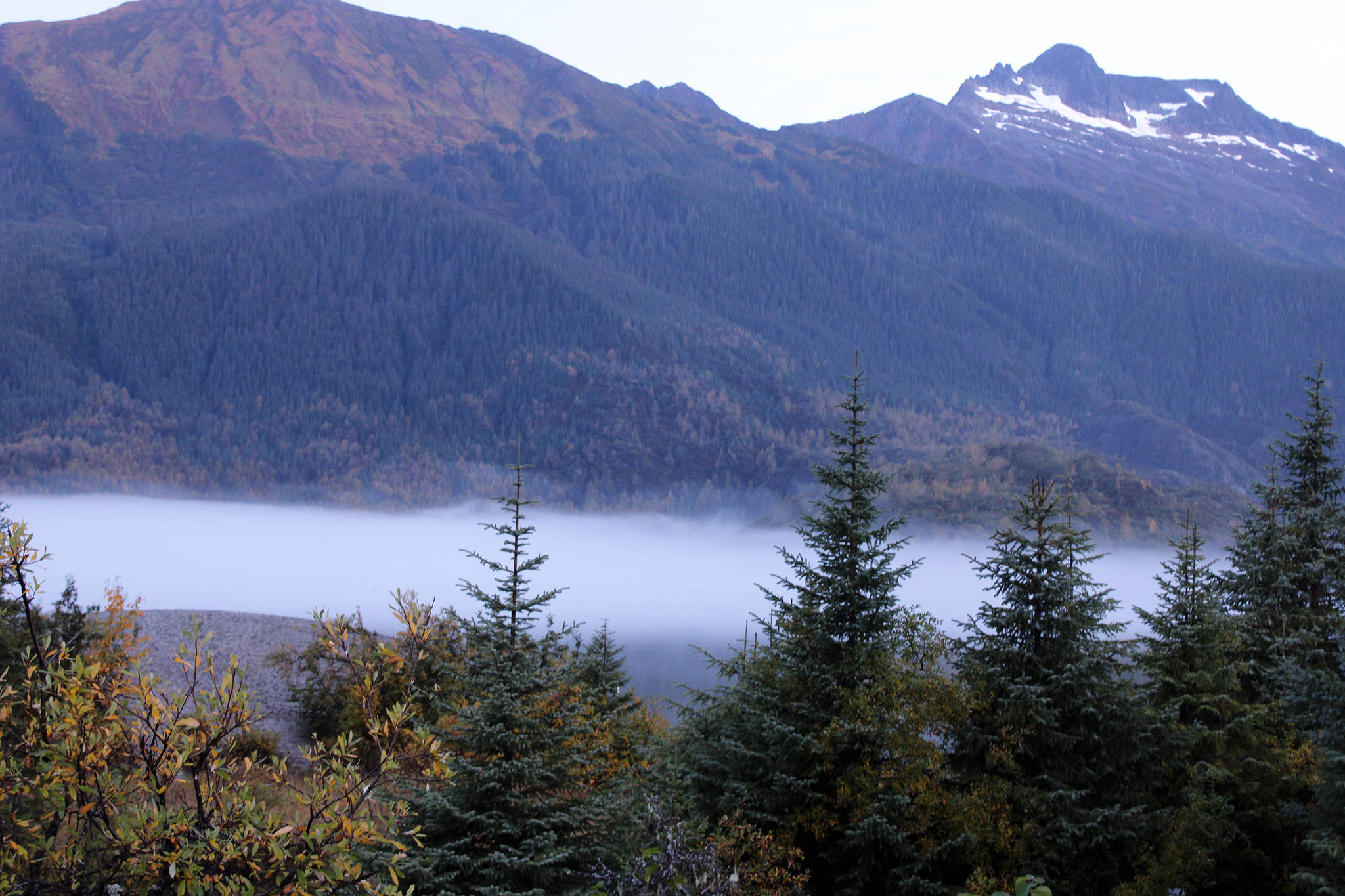Associated Press
The U.S. government ignored the requests of some Alaska Native groups to uphold national Roadless Rule restrictions in the Tongass National Forest, tribal officials said.
The U.S. Forest Service recommended lifting the rule completely and is expected to make the decision official before the end of October, CoastAlaska reported Friday.
The agency started a 30-day clock last month to completely exempt Tongass National Forest from the 2001 regulation.
“It’s just another broken promise to tribes as far as we’re concerned,” Hoonah Indian Association Administrator Bob Starbard said.
The rule restricts but does not prohibit road building and resource development on some national forest lands, while some critics said the regulation locks up natural resources.
The federal government is required to consult with tribal governments before making changes to the rule. The Forest Service consulted nine Southeast Alaska tribes whose traditional homelands are part of the country’s largest national forest.
Meetings, hearings and public comment periods dominated by Alaskans who favor keeping the rule intact failed to persuade Forest Service officials, Starbard said.
“The Tongass, which we sit in the middle of, is part and parcel of being Tlingit. We are people of the land,” Starbard said. “It became clear at the very end, however, that the game had already been fixed.”
Marina Anderson, administrator of the Organized Village of Kasaan on Prince of Wales Island, said tribal consultation was not taken seriously by federal officials.
“It was apparent that our participation — requested by the federal government in the throes of this rulemaking process — was a form of box-checking, a form of the government saying that they had consulted with us properly and they met with the Indigenous people properly,” Anderson said.
The tribes’ input “was integral to the agency’s analysis during the rulemaking process,” U.S. Department of Agriculture spokesman Larry Moore said in a statement.
U.S. Sen. Lisa Murkowski and U.S. Rep. Don Young, both Alaska Republicans, have criticized the Roadless Rule. Alaska Gov. Mike Dunleavy, also a Republican, applauded the Trump administration’s effort to lift the rule.
[Proliticians praise, conservationists condemn effort to amend Roadless Rule]
Alaska’s elected officials did not listen to the majority of residents who oppose the Roadless Rule rollback, Anderson said.
“Alaska’s delegation, this entire time, has had industry’s best interest, and they’ve been in full support of the exemption,” she said.

